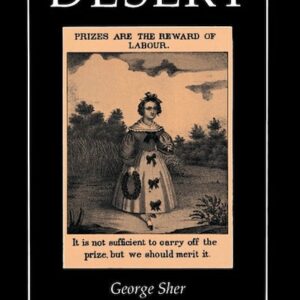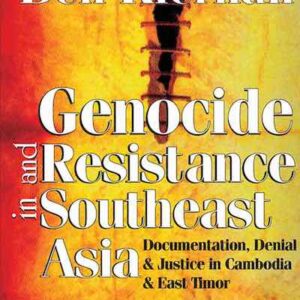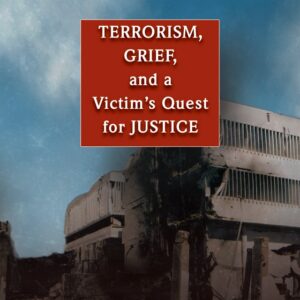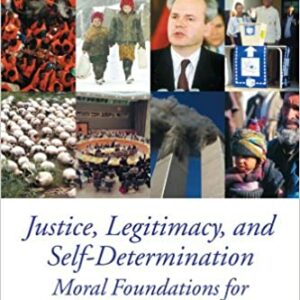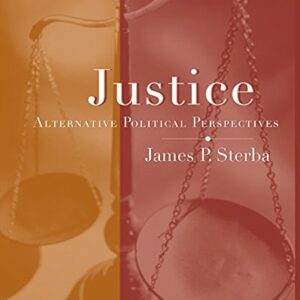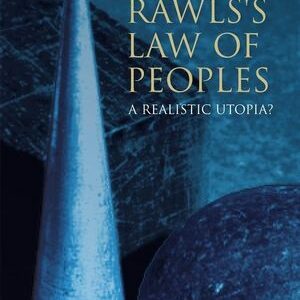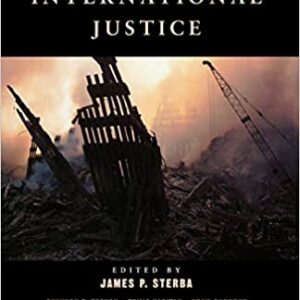
Blasphemy and Apostasy in Islam: Debates on Shi’a Jurisprudence
By Mohsen Kadivar (NHC Fellow, 2019–20) Is it lawful to shed the blood of someone who insults the Prophet Muhammad? Does the Qu’ran stipulate a worldly punishment for apostates? This book tells the gripping story of Rāfiq Taqī, an Azerbaijani journalist and writer, who was condemned to death by an Iranian cleric for a blasphemous … Continued
